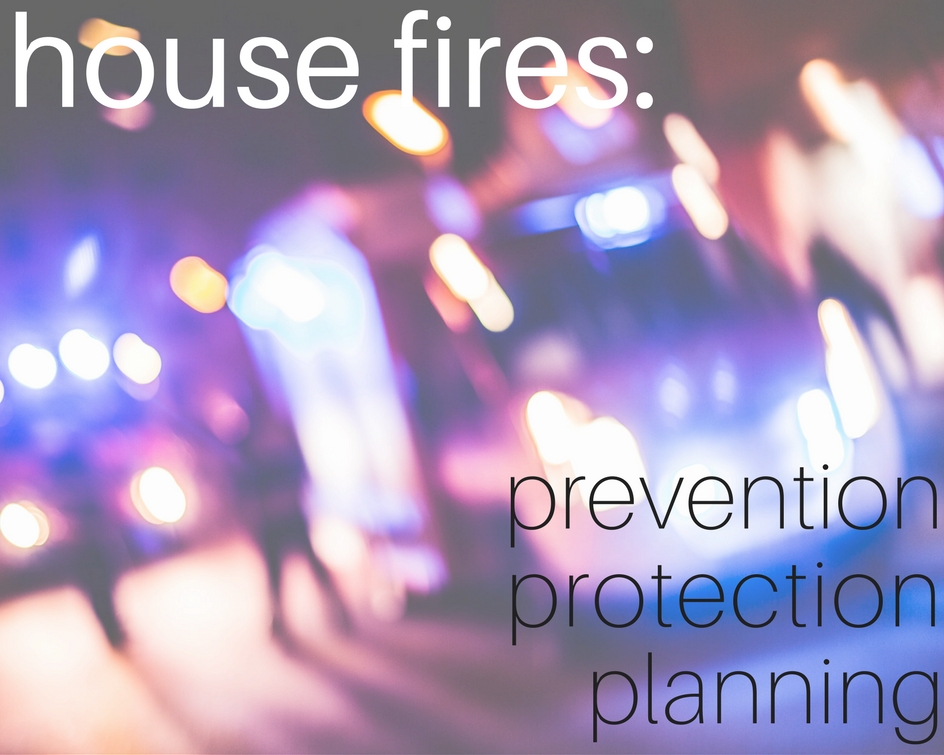
We’re, obviously, all about houses. Over the years we’ve had the privilege of helping many people find that house they’ll fall in love with and make their home.
In order to help you protect both the home you love and (much more importantly) your family that lives there, we talked with Lieutenant Wanda Willis of the Harrisonburg Fire Department about some of the basics that everyone should know about house fires. A little prevention and planning goes a long way to keep your family and your home safe. So, read on and take this advice and wisdom to heart!
What is the most common cause of house fires?
Willis: The most common cause of house fires is cooking fires.
What are your number one tips for preventing fires in the home?
Willis: The leading cause of fires in the kitchen is unattended cooking. If you are sleepy or have consumed alcohol don’t use the stove or stovetop. Stay in the kitchen while you are frying, grilling, boiling or broiling food. Keep anything that can catch fire — oven mitts, wooden utensils, food packaging, towels or curtains — away from your stovetop.
What do you recommend regarding smoke alarms?
Willis: Large homes may need extra smoke alarms. It is best to use interconnected smoke alarms. When one smoke alarm sounds they all sound. Test all smoke alarms at least once a month. Press the test button to be sure the alarm is working. Replace all smoke alarms when they are 10 years old.
A smoke alarm should be on the ceiling or high on a wall. Keep smoke alarms away from the kitchen to reduce false alarms. They should be at least 10 feet (3 meters) from the stove.
What should every household have to be prepared in case of a fire?
Willis: A home escape plan! Get everyone in your household together and make a home escape plan. Walk through your home and look for two ways out of every room. While planning your home escape plan make sure everyone in the home knows where the outside meeting place will be – pick an object such as a mailbox, tree, or neighbor’s home.
In the event of a fire, what are your tips for safely getting out of the home?
Willis: After making the home escape plan, practice it with everyone in your home. Make sure escape routes are clear of debris, and doors and windows open easily. Windows with security bars or grills should have an emergency release device.
If there are infants, older adults, family members with mobility limitations or children who do not wake to the sound of the smoke alarm, make sure that someone is assigned to assist them in the event of an emergency.
Every time the smoke alarm sounds for any reason, practice a fire drill with your entire family.
Is there anything else that you wish everyone knew about house fires?
Willis: The most important thing to know about fire prevention is that every year in the United States, approximately 2,000 to 3,000 people die in house fires. Most of the time those fires could have been prevented. We don’t lose anyone in school fires because the children have fire drills and are prepared. Preparing ahead of time and practicing with your family just might save a life.




Everyone has some basic questions about fire and its safety, your topic is really nice to help others, because it first asks a question and then answers really helps for the understanding of prevention from fire damages.